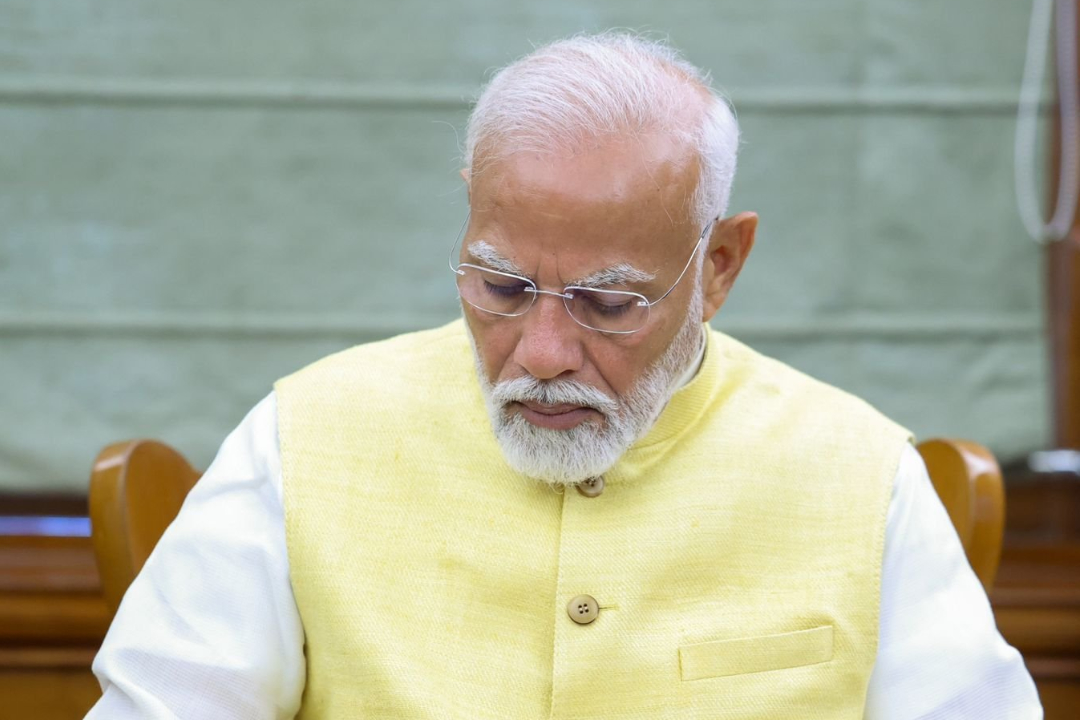India’s push for electric mobility is gaining significant momentum with the FAME Phase-II initiative. Launched on April 1, 2019, the scheme was designed to promote the adoption and manufacturing of electric vehicles (EVs) across the country, with a total budget of ₹11,500 crore.
It incentivizes the sale of electric two-wheelers (e-2Ws), three-wheelers (e-3Ws), and four-wheelers (e-4Ws), along with offering grants for the deployment of electric buses and the installation of public EV charging stations. By March 11, 2025, the scheme has incentivized 16.15 lakh vehicles, marking a significant step toward reducing the country’s carbon footprint and accelerating the transition to cleaner transportation.
As part of the FAME-II initiative, 6,862 electric buses have been approved for deployment in cities and states for intra-city operations, with 5,135 buses already supplied by February 28, 2025. The Ministry of Heavy Industries (MHI) also sanctioned ₹800 crore in March 2023 to set up 7,432 public charging stations at retail outlets across India, collaborating with major oil marketing companies such as IOCL, BPCL, and HPCL. Furthermore, an additional ₹73.5 crore was allocated in March 2024 to upgrade 980 existing charging stations, and 400 new stations have been approved through an Expression of Interest (EOI) process in various states.
To strengthen the electric vehicle ecosystem, the MHI has launched several additional initiatives. The PLI-Auto Scheme, approved in September 2021 with a budget of ₹25,938 crore, aims to enhance domestic manufacturing capabilities for advanced automotive technologies. Similarly, the PLI Scheme for Advanced Chemistry Cells (ACC), with an investment of ₹18,100 crore, focuses on establishing a competitive manufacturing ecosystem for batteries. The PM Electric Drive Revolution (PM E-DRIVE) scheme, launched in September 2024 with an outlay of ₹10,900 crore, supports a wide range of electric vehicles, including two-wheelers, three-wheelers, trucks, buses, ambulances, and EV charging infrastructure.
Additionally, the PM e-Bus Sewa-Payment Security Mechanism (PSM) Scheme, introduced in October 2024 with a budget of ₹3,435 crore, aims to deploy over 38,000 electric buses and provides payment security to bus operators in case of default by Public Transport Authorities. Another notable initiative, the Scheme for Promotion of Manufacturing of Electric Passenger Cars in India (SPMEPCI), launched in March 2024, focuses on boosting electric car manufacturing, requiring investments of at least ₹4,150 crore and promoting substantial domestic value addition. These initiatives reflect the government’s strong commitment to advancing electric mobility and reinforcing India’s position as a global leader in sustainable transportation.







